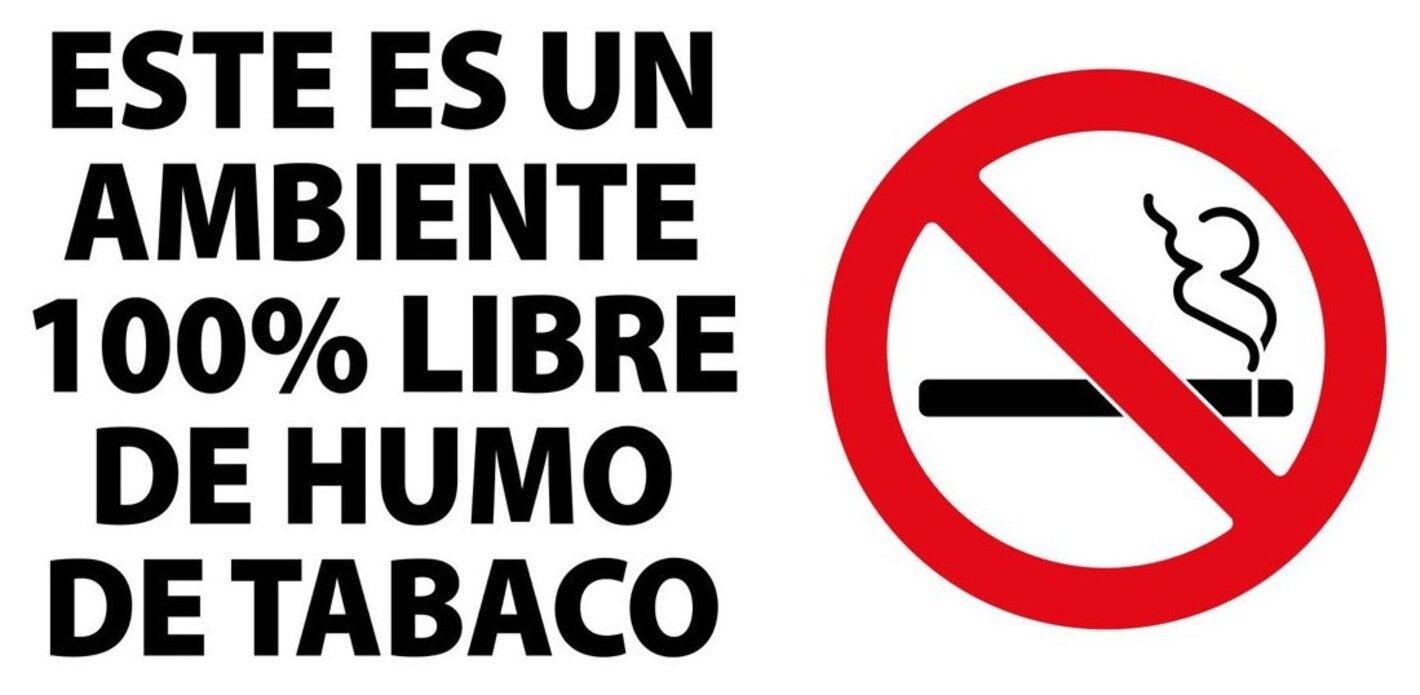
Washington , D.C., 20 May 2011 (PAHO) - Three tobacco control alliances-from Chile, Peru and around the world-will be honored by the Pan American Health Organization/World Health Organization (PAHO/WHO) as part of this year's World No Tobacco Day campaign.
The three groups have all worked to support the development, adoption and implementation of the WHO Framework Convention on Tobacco Control (FCTC). The world's first international public health treaty, the FCTC, obliges its country Parties to implement a series of standards and legal measures to reduce tobacco consumption and exposure to tobacco smoke for their populations.
The three alliances to be honored by PAHO are:
- The Framework Convention Alliance, a coalition of 350 nongovernmental organizations working in public health, tobacco control, the environment and other areas, from more than 100 countries. The Alliance has provided resources, training, and other support for the development, adoption and ratification of the FCTC in countries around the world, including in Latin America and the Caribbean. The group is currently leading campaigns to ensure that FCTC implementation is included in the agenda and outcomes of the upcoming United Nations High-Level Summit on Non-communicable Diseases.
- A government-civil society partnership led by the Ministry of Health of Peru and the Permanent National Commission on Tobacco Control (COLAT Peru), which worked for the approval of amendments to Peru's General Law for the Prevention and Control of Risks of Tobacco Use, to make the law consistent with the FCTC. The new legislation made Peru 100 percent smoke-free in indoor public places, increased the required size for health warnings on tobacco products, and banned sales of cigarettes in packages of fewer than 10. The partnership received support from the Campaign for Tobacco-free Kids, the International Union against Tuberculosis and Lung Disease, and PAHO/WHO.
- Tobacco-free Chile , an informal coordinating group of dedicated individuals who advocate for stricter tobacco control laws in Chile. The group's lobbying and advocacy were instrumental in prompting legislators and policymakers to develop 100 percent smoke-free legislation that was presented to the Chilean Congress in early 2011. In addition, Tobacco-free Chile has become the foremost public information source for tobacco control in Chile through its strategic use of information, analysis, lobbying and media work.
This year's World No Tobacco Day campaign reminds countries of the need to fully implement the FCTC to protect current and future generations from the devastating health, social, environmental and economic consequences of tobacco consumption and exposure to tobacco smoke.
Among its provisions, the FCTC calls on countries to:
- Establish 100 percent smoke-free indoor public places and workplaces
- Regulate the packaging and labeling of tobacco products
- Ban tobacco advertising, promotion and sponsorship
- Raise prices and taxes on tobacco to reduce demand
- Control illicit trade in tobacco
- Help people stop smoking
- Support economically viable alternatives to tobacco growing.
In force since 2005, the FCTC has proved to be one of the most rapidly and widely embraced treaties in the history of the United Nations, with more than 170 countries as Parties. WHO, PAHO and the Conference of the Parties all provide support to help countries meet their obligations under the treaty and its related guidelines.
World No Tobacco Day is observed on or around May 31 each year to raise awareness of the harmful effects of tobacco use and to promote public health measures aimed at reducing consumption of tobacco and exposure to tobacco smoke. PAHO will observe World No Tobacco Day 2011 on June 2 by hosting a roundtable discussion on "International Cooperation on Tobacco control in the Americas" with the participation of government representatives from Canada, Uruguay and the United States.



